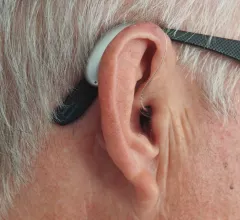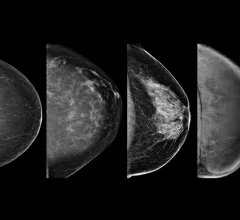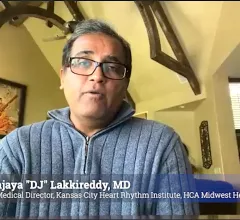Policy & Regulations
This channel includes news coverage of healthcare policy and regulations set by Congress, the states, Centers for Disease Control and Prevention (CDC), the Department of Health and Human Services (HHS), U.S. Food and Drug Administration (FDA), and medical associations and societies.
Displaying 585 - 592 of 3407












